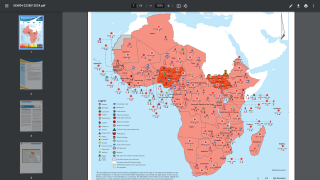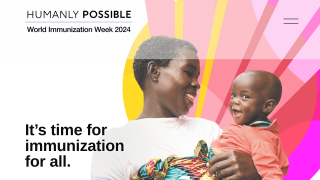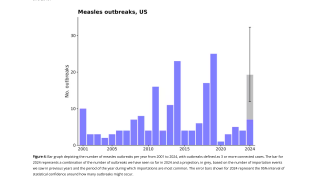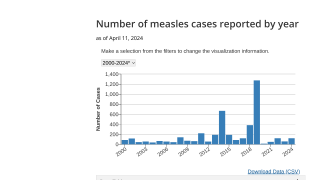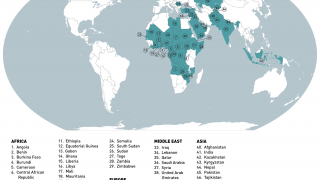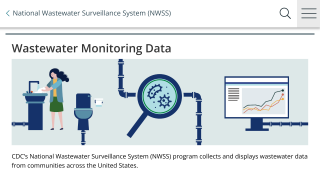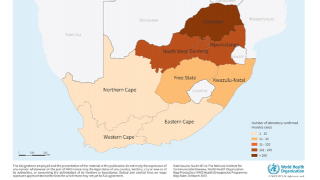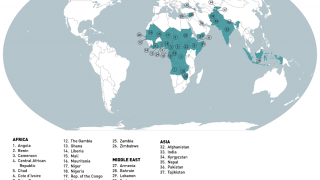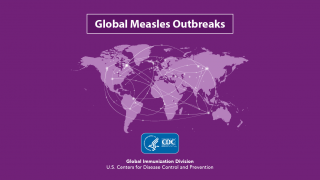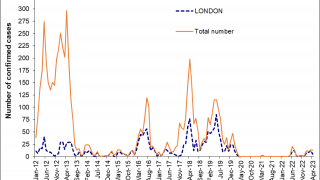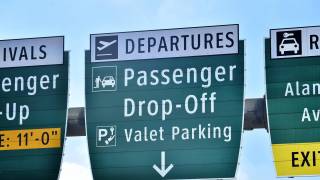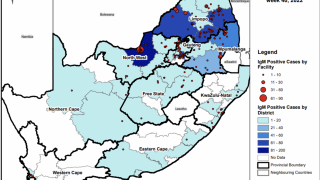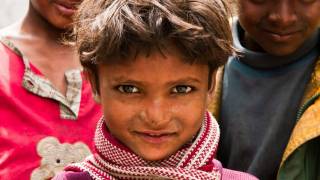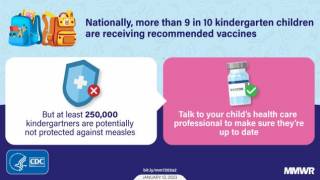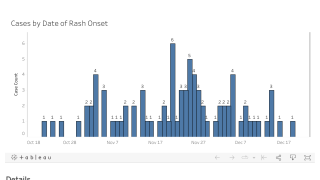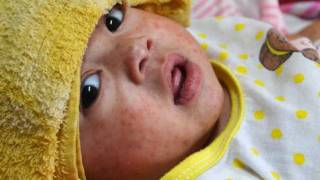Measles Travel Alert Issued For Australia
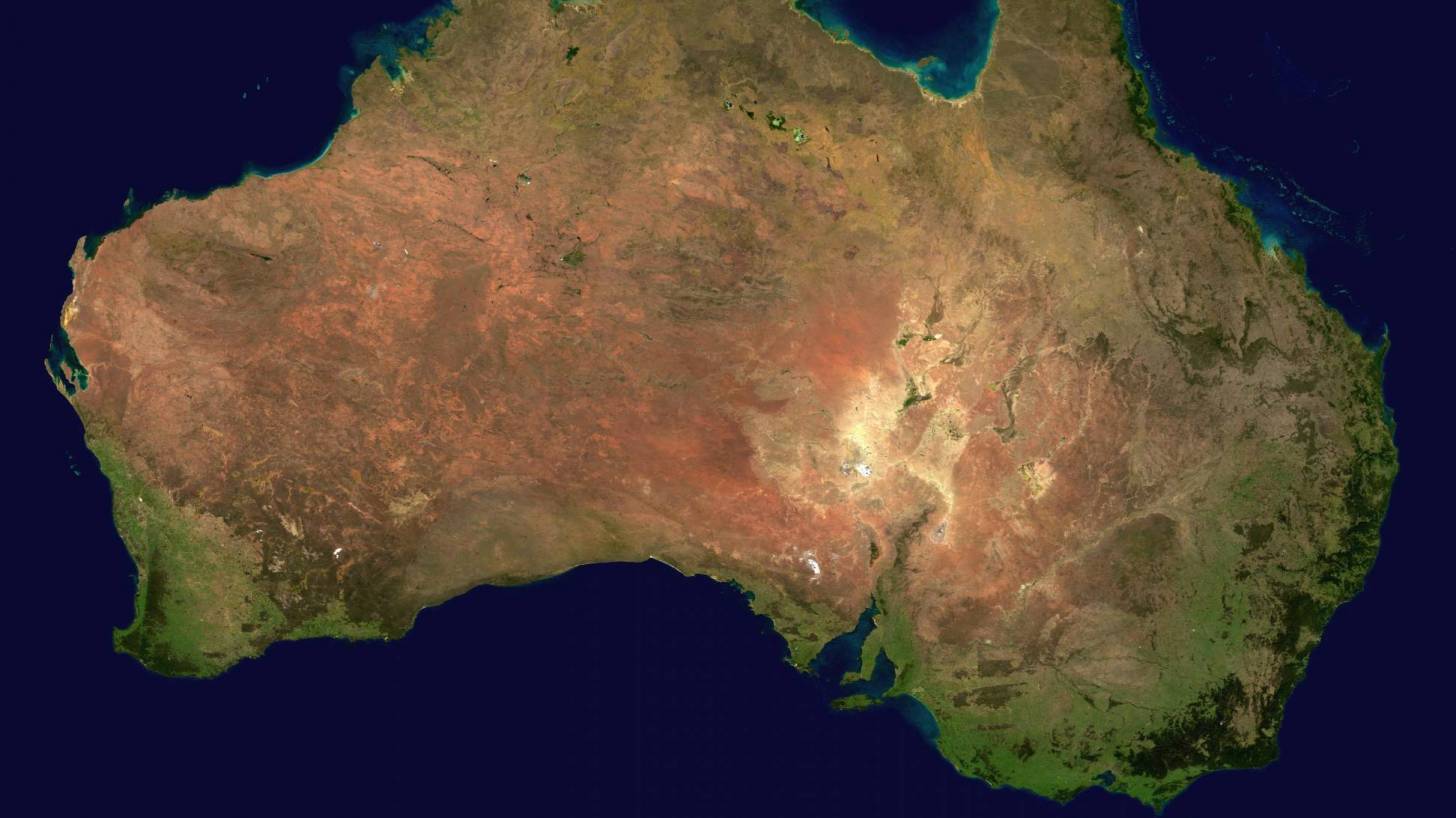
The Victoria Department of Health and Human Services issued a new Health Alert (AL19012) in relation to 3 additional measles cases confirmed in Victoria, Australia.
Furthermore, there have been 9 new cases of measles identified in Victoria over the past fortnight (2 weeks).
Additionally, Chief Health Officer, Dr. Brett Sutton said in this Health Alert on December 9, 2019, ‘the most recent cases were infectious while attending public sites across metropolitan Melbourne and regional Victoria.’
Warnings have been issued for Melbourne’s Airport and a popular restaurant in the city's southeast.
‘A woman in her 50s is being treated in the hospital, another woman in her 30s is recovering at home and a 3rd person is also recovering at home.’
‘None of these cases are known to be related to each other.’
A summary of public exposure sites for all current measles cases in Victoria can be found at this government webpage.
This is important news since Victoria is a popular tourist destination, welcoming about 3 million international visitors during 2018.
Dr. Sutton continued saying ‘there are a large number of ongoing international measles outbreaks in our region - particularly Samoa, where there have been more than 70 deaths and thousands of cases.’
‘Other outbreaks have been reported in New Zealand, as well as Asia, Europe, and America.’
“People who are planning overseas travel should ensure they have received vaccinations appropriate to travel, including a measles-mumps-rubella (MMR) vaccination if they do not have a history of 2 previous MMR vaccinations,” Dr. Sutton said.
“Free MMR vaccine is now available from GPs and some pharmacies for all eligible people born during or since 1966. Patients unsure of their vaccination status or are aged over 18 months and have only had one vaccine, should be vaccinated.”
"Anyone planning to travel overseas for Christmas can get immunized now,” Dr. Sutton said.
In 2019, there have been 56 cases of confirmed measles notified in Victoria. Most cases of measles in Victoria have been linked to international travel.
Almost all cases are in people who are not fully immunized against measles, who have either traveled overseas or been in contact with travelers from overseas in Victoria. Anyone who is unvaccinated is at the highest risk of contracting measles.
Victoria is a state in southeastern Australia and its 2nd most populous state with about 6.5 million residents.
Immunization is the best protection against measles. The measles vaccine is currently recommended on the National Immunisation Program at 12 months and again at 18 months.
Most people born before 1966 will have been exposed to measles in childhood, and therefore will be protected, said the Health Alert.
Advice from the Australian Academy of Science on measles and overseas travel is available from the Academy's website. For interview requests, call the 24-hour media line on 9096 8860.
In the USA, a recent Massachusetts General Hospital (MGH) study published on December 9, 2019, found that despite recommendations from the Advisory Committee on Immunization Practices, about 50 percent of children traveling abroad are not protected from the measles virus due to a clinician decision or guardian refusal.
The MGH study reported these under-vaccination rates:
- 44.1% of MMR vaccination–eligible infants
- 56.5% of MMR vaccination–eligible preschool-aged travelers
- 88.5% of MMR vaccination–eligible school-aged travelers were not vaccinated at the pre-departure consultation
This study is important since children represent less than 10 percent of international travelers departing the USA but account for about 47 percent of known measles importation cases.
According to the Centers for Disease Control and Prevention (CDC), over 75 percent of the USA’s measles cases during 2019 were related to just a few international travelers.
To notify all international travelers, the CDC issued a worldwide measles outbreak Level 1 Travel Alert in June 2019.
Measles International news published by Vax-Before-Travel
Our Trust Standards: Medical Advisory Committee



